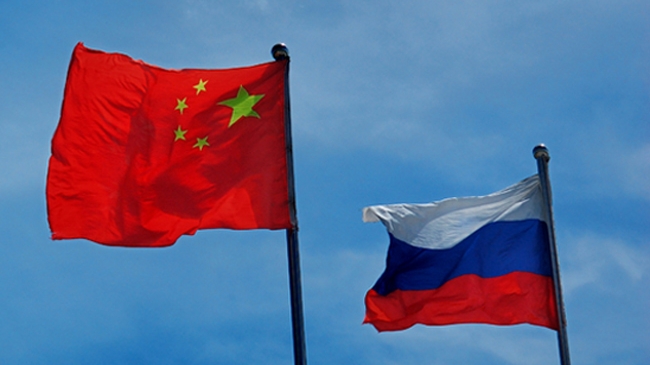One reason for these trends is that Europe, always the biggest supporter of international institutions, is economically, diplomatically and militarily weak; another is that the United States has over the past 20 years become relatively weaker and more prone to unilateralism.
A third reason is that the emerging and re-emerging powers — Russia and China in particular — tend to be cynical about international institutions: They see them as Western creations that promote Western interests, though they use them when it suits their purposes.
Both implacably opposed to American hegemony, Russia and China are willing to deploy their vetoes on the Security Council to thwart US objectives. Their strong attachment to state sovereignty makes them allergic to humanitarian intervention, as they made clear when vetoing Security Council resolutions that would have criticized the Syrian regime for killing protesters.
Russia and China both think that power matters more than rules in international relations. They like "concert diplomacy" — informal gatherings that give great powers status, such as the six-party talks dealing with both the Iranian and North Korean nuclear problems. They are more wary of rules-based institutions, which may allow small countries to block the wishes of big ones.
But the two countries do not always think alike on global governance.
Russia takes security institutions and proliferation regimes seriously. Unlike China, it has ratified the Comprehensive Test Ban Treaty and joined both the Missile Technology Control Regime and the Proliferation Security Initiative (a club that tries to stop illicit transfers of weapons of mass destruction).
China has never signed any arms control treaty that limits conventional or nuclear weapons. China is also slacker than Russia at enforcing proliferation regimes: Its companies sell dual-use equipment to Iran, North Korea and Pakistan, as well as nuclear reactors to Pakistan.
But the picture is very different on economic governance. Here, Russia has been slow to sign up to rules: It is now joining the World Trade Organization after 18 years of negotiations. It stands on the sidelines of U.N. climate change talks despite being the world’s fourth-biggest emitter of carbon. It is passive in forums on financial regulation.
China, by contrast, is actively engaged in the International Monetary Fund and the World Bank. It accepts rulings against it by WTO dispute-settlement panels. And though China has been reluctant to accept binding limits on carbon emissions, its views are evolving: Last December, in Durban, it agreed that by 2020 there should be a carbon emissions regime "with legal force."
Economics and history explain these differences. As the world’s biggest exporter of manufactured goods, China needs global rules on trade. Knowing that its renminbi will eventually become a world currency, China takes a keen interest in international financial rules. Russia exports mainly oil and gas, for which there is no global regime.
In the field of security, China is a rising power, increasingly confident of its newfound strength, so it is unwilling to be shackled by international rules on armaments. Russia, though in some respects a declining power, retains a huge nuclear arsenal. It sees arms control treaties as a means of protecting its status. In the long term, will Russia and China do more to strengthen or to undermine the multilateral system? That will depend, in part, on how successfully the two countries rebalance their economies.
Russia must build up manufacturing and service industries, depend less on oil and gas exports, and create a business environment that encourages foreign investment. China needs to boost consumption and curb investment. It should create a credit system that benefits individuals, small enterprises and the private sector, rather than just state-owned enterprises.
Powerful vested interests in both oppose reform: in Russia, some of the leadership clans and natural resource companies; in China, some sections of the Communist Party and the state-owned enterprises. Rebalancing would curb the power and incomes of elites in both countries.
If the rulers in Moscow and Beijing succeed in transforming their economies, laying the basis for sustained growth, they will become more confident in engaging with international institutions and other powers. But if these countries fail to make a smooth adjustment and suffer from slower growth and the consequent social unrest, their regimes will be prone to insecurity, nationalist sentiment and paranoia toward the West.
Global governance would certainly suffer. So Russia’s and China’s attempts to reform matter hugely for the international system.

